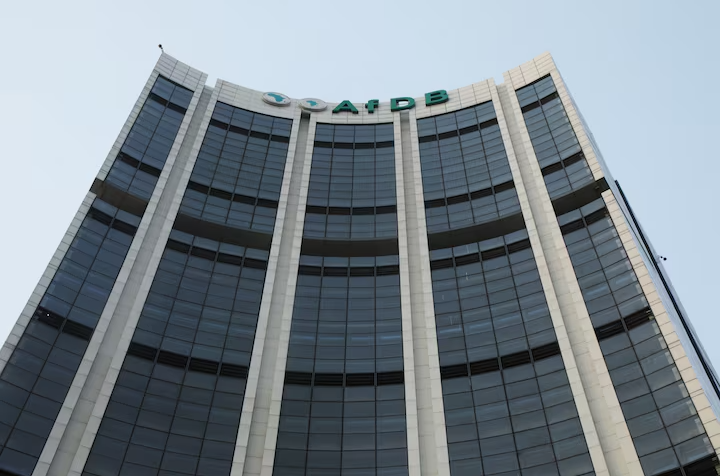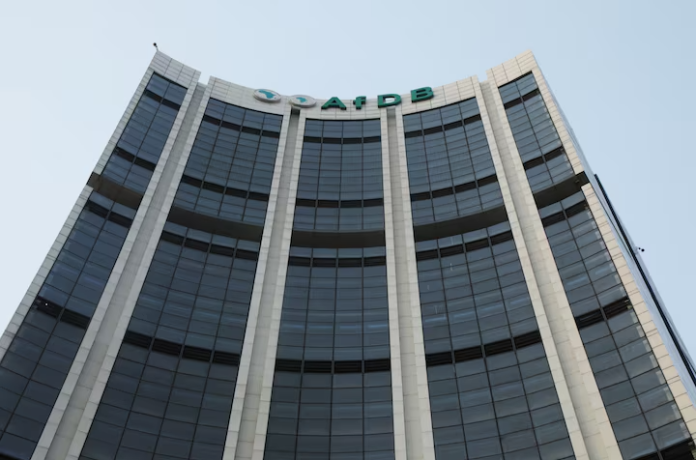The African Development Bank (AfDB) is set to elect a new president this Thursday during its annual meeting in Abidjan, Ivory Coast. The decision comes at a critical time for Africa’s largest multilateral development lender, as it faces growing challenges—including a major funding cut proposed by the U.S. government.
The United States has announced plans to slash $555 million in support to the AfDB and its concessional lending arm, the African Development Fund (ADF), which helps provide affordable loans to some of the continent’s poorest nations. The move threatens to hamper the bank’s ability to finance essential infrastructure and development projects.
“This will be the new president’s first major test,” said Hannah Ryder, CEO of Development Reimagined, a consultancy focused on African development. “They’ll need to restore confidence among global partners and find new ways to fill the funding gap.”
With over $318 billion in capital, AfDB plays a crucial role in financing energy access, agriculture, industry, and economic integration across Africa. Owned by 54 African nations and key global economies such as the U.S., Japan, and France, the bank’s largest shareholder is Nigeria.
The annual meeting, one of the biggest gatherings of African finance leaders and heads of state, comes as many countries on the continent are grappling with high debt and limited access to global capital markets. They are increasingly relying on institutions like the AfDB to support their development goals.
One of the incoming president’s biggest challenges will be securing funds for the next replenishment round of the ADF, scheduled for November. The bank is aiming to raise $25 billion—an ambitious target compared to the $8.9 billion secured in the previous round.
To achieve this, the new leadership may have to negotiate with the U.S. to reconsider its funding decision, or alternatively, seek increased contributions from emerging economies such as China, Saudi Arabia, and the United Arab Emirates. These countries could be enticed with greater influence in the bank’s operations. Another option is for African member states to step up with more funding themselves.
Five candidates are currently in the running to succeed outgoing president Akinwumi Adesina, who has served two five-year terms. The contenders come from South Africa, Senegal, Zambia, Chad, and Mauritania. The winner must first secure a majority of votes from the 54 African member states, followed by a broader majority from all 81 member countries, including non-African stakeholders.

Adesina, speaking at the opening of the week-long event, emphasized the bank’s mission for the next decade: “We are focused on connecting homes to electricity, increasing food production, building industries, and improving livelihoods across Africa.”
The meeting is also expected to touch on broader geopolitical issues, including U.S. President Donald Trump’s return to the White House, which has raised concerns over rising import tariffs and reduced global aid to Africa.
“This year’s summit is more than a leadership change,” said Fred Muhumuza, an economics lecturer in Uganda. “It’s about shaping the bank’s future in an uncertain global economy.”
The outcome of the election will play a defining role in how the AfDB navigates the next decade, secures funding, and delivers on its promise to help transform Africa.



